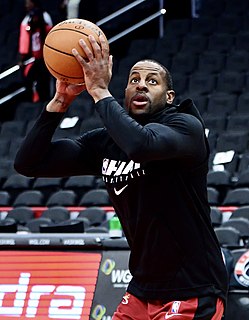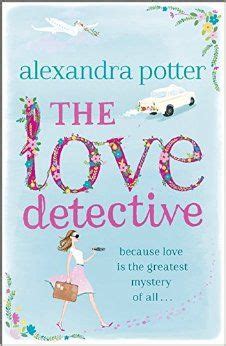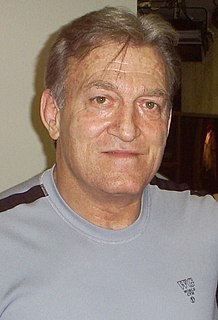A Quote by Opal Tometi
I just look back at my time in college and think about how much my community activism and my work in neighborhoods really informed my actual academic career and beyond... It can provide a way better learning than the traditional classroom setting.
Related Quotes
I think reading intelligent expressions of different points of view is a good thing, and there is a way in which being in academia in a classroom at the University probably gives you, can give you an academic view of things, and reading actual real time debates about what should we do in Syria or the Buffett rule, budget issues...gives you a kind of sense that's hard to get in a classroom.
My mistakes made were learning how to work with different groups of people. I mean, I went to school at Berkeley, which is a pretty diverse group, but working in a professional setting, I hadn't really done that before and learning about office politics, learning about interactions between different people and I made a lot of mistakes there during my time as a young person. I was 19 or 20 at the time. So, I would say those were my biggest career mistakes, but fortunately they were made in the context of an engineering co-op program and not in a professional field.
Service-learning is a particularly fertile way of involving young people in community service, because it ties helping others to what they are learning in the classroom. It enables them to apply academic disciplines to practical, everyday problems. In the process, it provides a compelling answer to the adolescent's perennial question, 'Why do I need to learn this stuff?
The biggest thing is to give it back. You want to leave the game in a better situation than you came in with it. That's really important to me, especially being an avid reader and just learning about how to build businesses, learning how to make the most of the business you're in, the ins and outs of the relationships that you build as well.
My interests were more extracurricular, more external, and more social than they were academic. My birthday is also in December, so I was one of the older kids. That meant I learned social leadership early on. I was always just much better in a team and work environment than I was in a classroom environment.
I can't do anything about how people who are all but completely unaware of my actual motivations and my actual thought process and my actual worldview, how they characterize me. There's not much I can do about it, except never say another word other than 'there's a ground ball to shortstop.' And I don't think that's going to happen.
Especially girls, but any kids exposed to music programs and arts programs do much better on their tests. They have a better chance of going to college. They can focus better. You know, we're not just automatons learning how to work machines and do engineering and math and science. All of that's great, but you've got to build a whole person.
I actually felt like college was a much better and more comfortable environment for me than high school was. I think that can largely be attributed to the fact that I go to Barnard, which is a women's college that promotes women's leadership, a strong community and independence which are all things I obviously value. Before I got to school I think I expected most women there to identify as feminist, which I found wasn't necessarily the case, but I loved that I was able to have really intelligent and stimulating conversations with women about feminism no matter how they identified.
The education process is moving beyond the traditional classroom/lecture setting. More and more teachers are seeking tools and techniques to engage their classes and enrich their lessons. Video calling is one of these tools, as it removes barriers to communication and lets students move beyond the boundaries of their classrooms.
Treat your career like a bad boyfriend...
Your career wont take care of you. It won't call you back or introduce you to its parents. Your career will openly flirt with other people while you are around... You have to care about your work, but not about the result. You have to care about how good you are and how good you feel, but not about how good people think you are or how good people think you look.
A woman’s moral influence is nowhere more powerfully felt or more beneficially employed than in the home. There is no better setting for rearing the rising generation than the traditional family, where a father and a mother work in harmony to provide for, teach, and nurture their children. Where this ideal does not exist, people strive to duplicate its benefits as best they can in their particular circumstances.






































